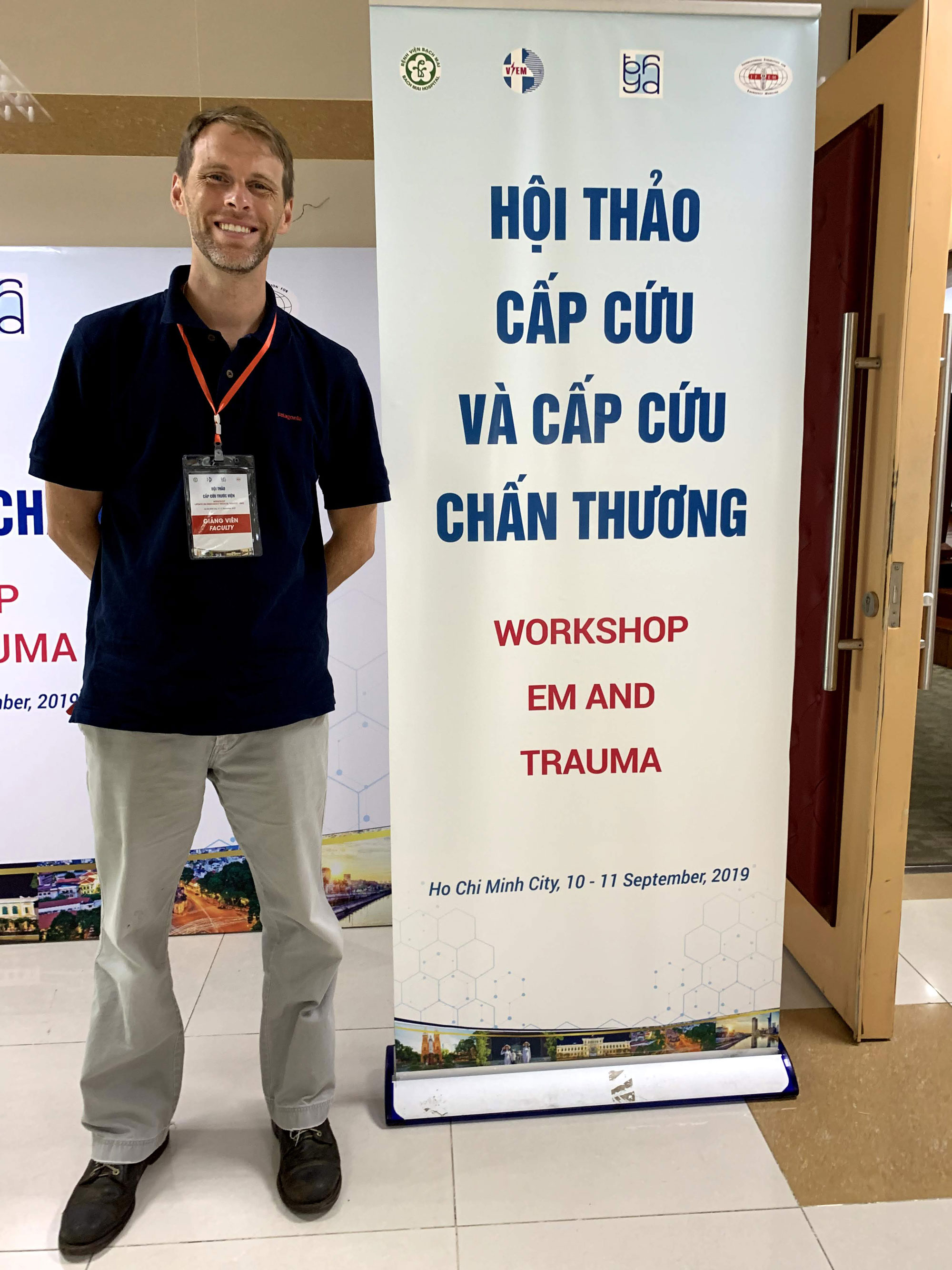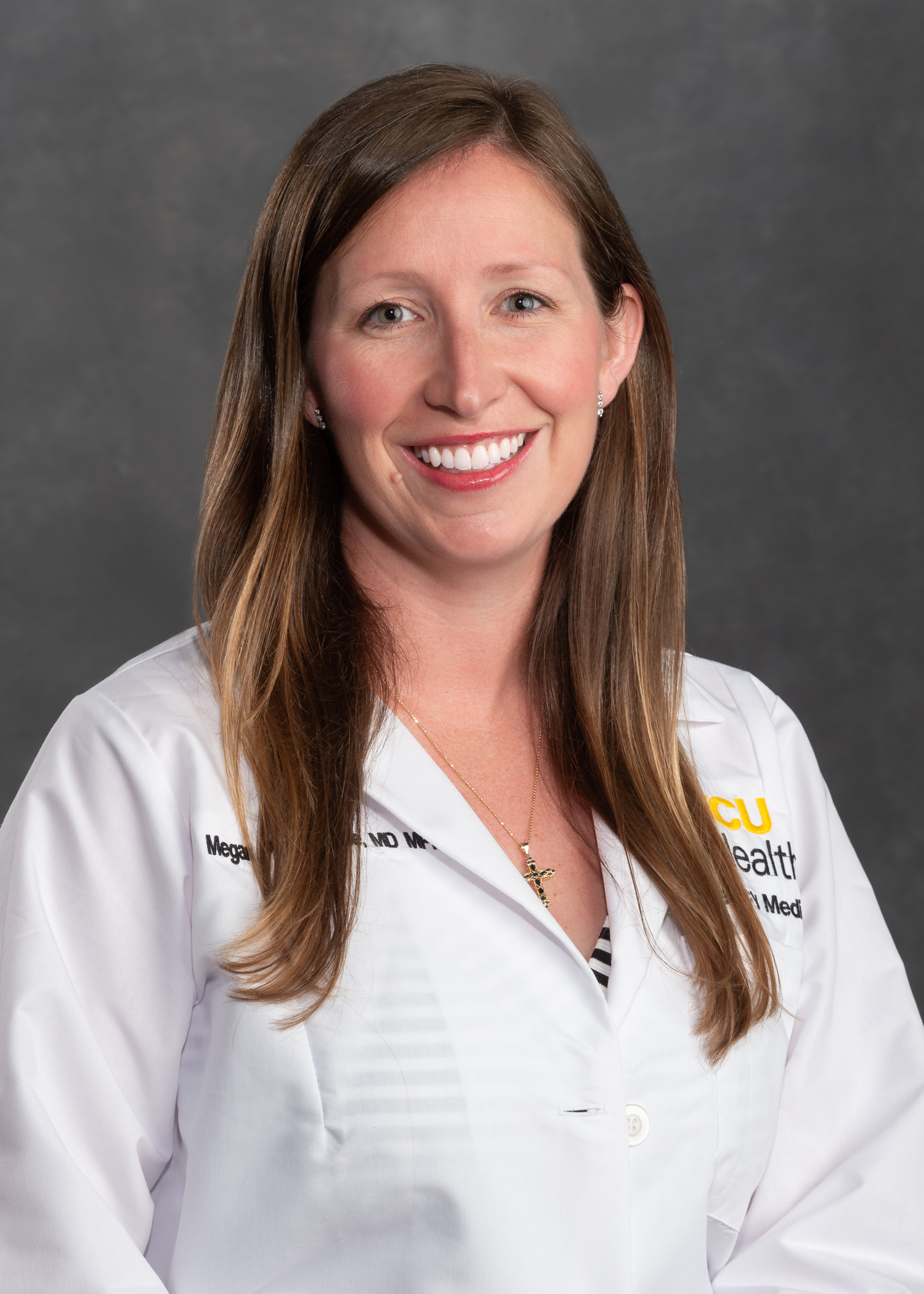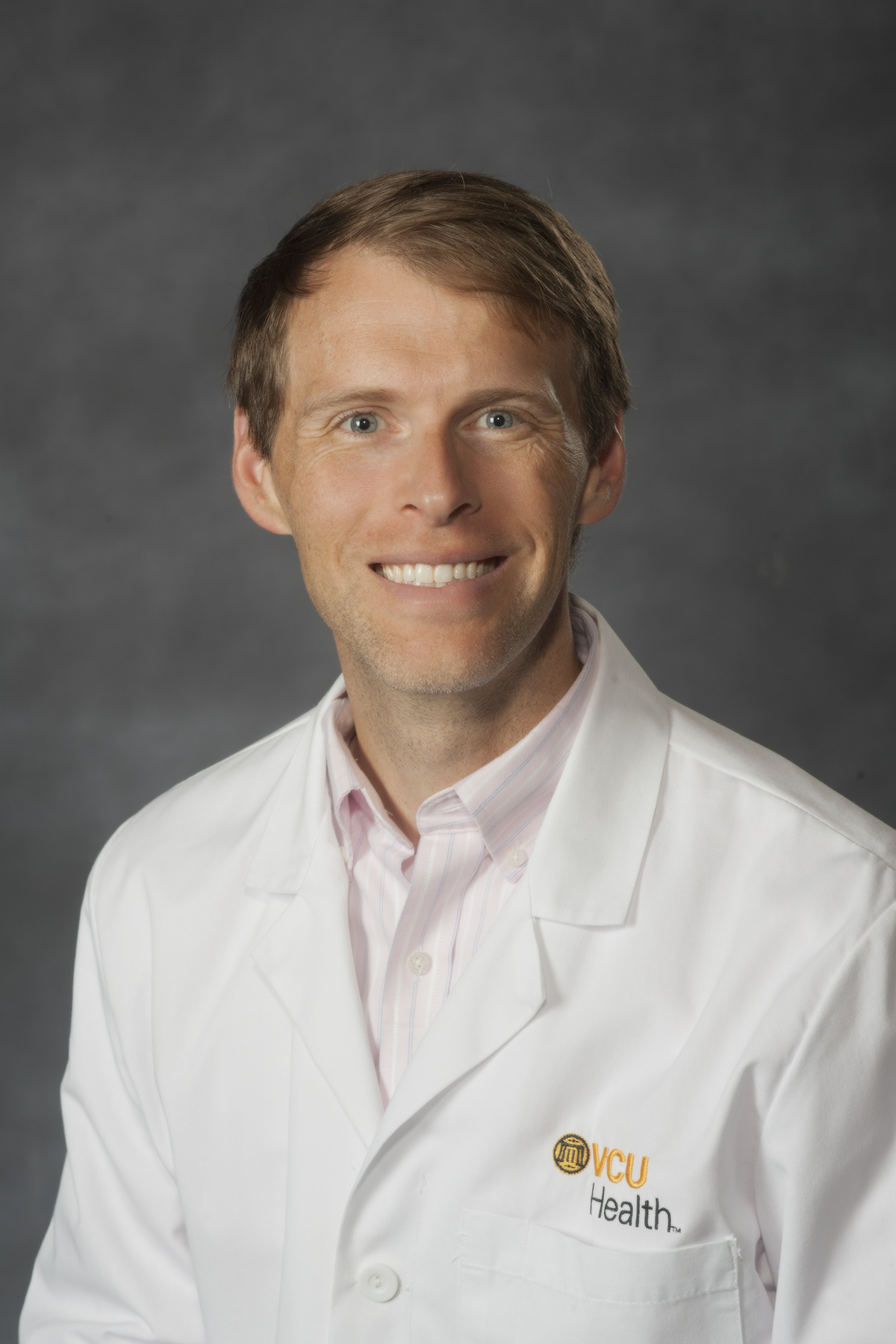Serving our global community
As the study and practice of emergency medicine evolves, so does the need for expanded subspecialties and educational opportunities. More and more students, residents and practicing physicians name international medicine and social justice as top priorities, and as the globalization of diseases continues to grow, so does the need for global health as a vital component of any strong academic medical institution.
In the Department of Emergency Medicine, we aim to distinguish ourselves in our commitment to social justice and equity by seeking innovative solutions to local and global health disparities through interdisciplinary collaborations, knowledge exchange, groundbreaking translational research and education.
What is Global Health?
A reflection of the increasing awareness of humanity’s shared inequities in the world, global health can be defined as an area of research and practice that aims to comprehensively understand and reduce health disparities at home and abroad.
Successful global health initiatives are based on close collaborations between a diverse group of stakeholders, and the multidisciplinary partnerships that form in this line of work transcend cultures, languages and geographical borders. Whether nurses, physicians, social workers or public health officials, global health workers must develop a keen understanding of the socioeconomic and cultural contexts that govern their working environments, as these strongly influence the design and implementation of public health interventions.
Education
 Because of the complex, heterogeneous nature of populations living in different countries around the world, global health workers must be flexible, open-minded, resilient, compassionate and collaborative. To instill these values and skills, we offer opportunities for students and residents to focus on global health and travel abroad for hands-on experience.
Because of the complex, heterogeneous nature of populations living in different countries around the world, global health workers must be flexible, open-minded, resilient, compassionate and collaborative. To instill these values and skills, we offer opportunities for students and residents to focus on global health and travel abroad for hands-on experience.
Emergency medicine residents may choose global health as a longitudinal track, which reduces shift requirements to allow more time for this pursuit. The track, which may involve travel, covers a broad spectrum of topics, including:
- The global burden of disease
- Social determinants of health
- Globalization of health and healthcare
- Gobal refugee and migrant crises
- Tropical medicine
- Maternal and child health and malnutrition
- Cultural awareness and sensitivity
- Recognizing, approaching and working with victims of:
- Human trafficking
- Torture
- Forced displacement and migration
- Ethical considerations when working with marginalized populations
- Considerations in and approaches to mental health
- Individuals with disabilities
Residents may spend an elective rotation abroad, gaining hands-on clinical experience or engaging in public health projects at previously vetted international sites with established safety nets. Faculty mentors are available for the duration of the rotation, and residents may also engage in research and training workshops.
Even for those who don’t wish to pursue global health as a career, several key topics are indispensable to all future practicing physicians, especially as public health issues such as Ebola and Zika surpass geographical borders. We aim to incorporate some topics, such as fever in the returning traveler and cultural awareness and sensitivity, into the core didactic curriculum for our residents.
Read more about the Emergency Medicine Residency and its longitudinal tracks here.
VCU Department of Emergency Medicine Visiting International Scholars Program
Program Director: Ben Nicholson, MD
Our first scholar, Dr. Jirayu “Phillip” Chantankomes is a physician from Thailand and spent the past year focused on EMS, sports medicine and event medicine. The department is planning additional collaborations with Phillip’s team in the future.

Mentorship
Faculty in the global health section continue to engage in complex initiatives across a wide range of developing countries throughout South America, Africa and Asia. Recent projects include education initiatives through the African Federation for Emergency Medicine, presenting at the Vietnamese Society of Emergency Medicine's annual conference and teaching in Cartagena, Colombia. Faculty work through a variety of contacts and personal relationships to expand the engagement of VCU in all areas of emergency medicine.
With the strong support of our fellowships, including ultrasound and EMS, the VCU Department of Emergency Medicine has positioned itself as a leader in international EMS development, improving systems of care and furthering education.
Those interested in global health research will be assigned to a faculty mentor for research guidance and career development advice. Students and residents who complete publishable scholarly activity may present their work at the VCU Global Health Symposium, along with other relevant conferences.
For more information about global health in the Department of Emergency Medicine, please contact:

Megan Donohue, M.D., MPH
Assistant Professor


Benjamin Nicholson, M.D.
Assistant Professor

Benjamin Nicholson, M.D.
Assistant Professor
Department of Emergency Medicine